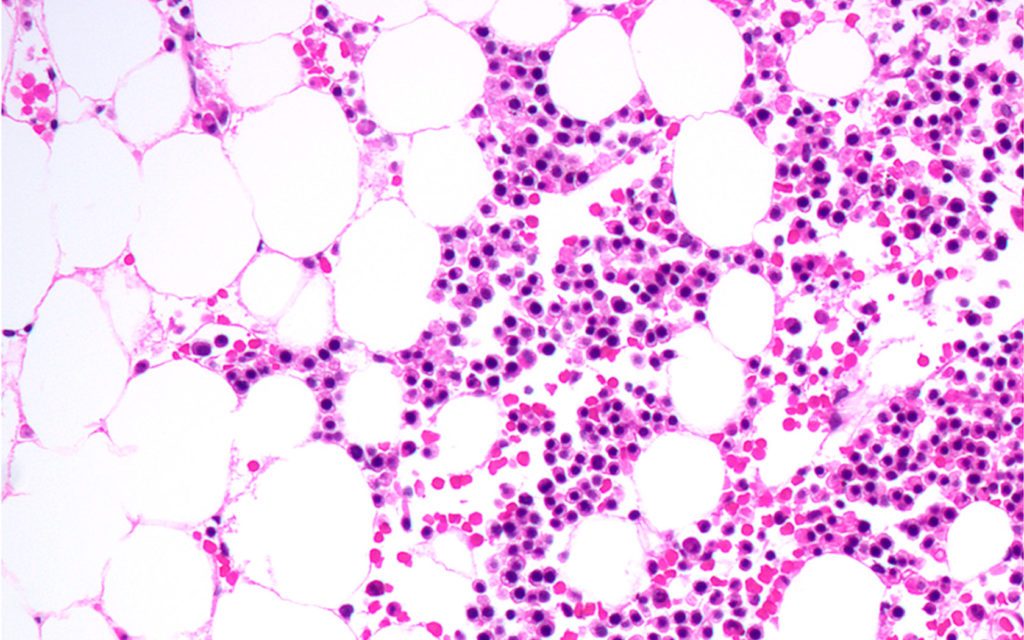- Diseases
- Acoustic Neuroma (14)
- Adrenal Gland Tumor (26)
- Anal Cancer (68)
- Anemia (2)
- Appendix Cancer (16)
- Bile Duct Cancer (26)
- Bladder Cancer (72)
- Brain Metastases (28)
- Brain Tumor (232)
- Breast Cancer (716)
- Breast Implant-Associated Anaplastic Large Cell Lymphoma (2)
- Cancer of Unknown Primary (4)
- Carcinoid Tumor (8)
- Cervical Cancer (160)
- Colon Cancer (166)
- Colorectal Cancer (118)
- Endocrine Tumor (4)
- Esophageal Cancer (44)
- Eye Cancer (36)
- Fallopian Tube Cancer (8)
- Germ Cell Tumor (4)
- Gestational Trophoblastic Disease (2)
- Head and Neck Cancer (12)
- Kidney Cancer (128)
- Leukemia (342)
- Liver Cancer (50)
- Lung Cancer (286)
- Lymphoma (278)
- Mesothelioma (14)
- Metastasis (30)
- Multiple Myeloma (100)
- Myelodysplastic Syndrome (60)
- Myeloproliferative Neoplasm (6)
- Neuroendocrine Tumors (16)
- Oral Cancer (100)
- Ovarian Cancer (172)
- Pancreatic Cancer (160)
- Parathyroid Disease (2)
- Penile Cancer (14)
- Pituitary Tumor (6)
- Prostate Cancer (146)
- Rectal Cancer (58)
- Renal Medullary Carcinoma (6)
- Salivary Gland Cancer (14)
- Sarcoma (240)
- Skin Cancer (298)
- Skull Base Tumors (56)
- Spinal Tumor (12)
- Stomach Cancer (64)
- Testicular Cancer (28)
- Throat Cancer (92)
- Thymoma (6)
- Thyroid Cancer (100)
- Tonsil Cancer (30)
- Uterine Cancer (82)
- Vaginal Cancer (18)
- Vulvar Cancer (20)
- Cancer Topic
- Adolescent and Young Adult Cancer Issues (20)
- Advance Care Planning (10)
- Biostatistics (2)
- Blood Donation (18)
- Bone Health (8)
- COVID-19 (362)
- Cancer Recurrence (120)
- Childhood Cancer Issues (120)
- Clinical Trials (632)
- Complementary Integrative Medicine (22)
- Cytogenetics (2)
- DNA Methylation (4)
- Diagnosis (232)
- Epigenetics (6)
- Fertility (62)
- Follow-up Guidelines (2)
- Health Disparities (14)
- Hereditary Cancer Syndromes (128)
- Immunology (18)
- Li-Fraumeni Syndrome (10)
- Mental Health (116)
- Molecular Diagnostics (8)
- Pain Management (62)
- Palliative Care (8)
- Pathology (10)
- Physical Therapy (18)
- Pregnancy (18)
- Prevention (920)
- Research (392)
- Second Opinion (74)
- Sexuality (16)
- Side Effects (604)
- Sleep Disorders (10)
- Stem Cell Transplantation Cellular Therapy (216)
- Support (402)
- Survivorship (322)
- Symptoms (182)
- Treatment (1786)
Testing a drug that starves cancer cells to death
2 minute read | Published November 09, 2016
Medically Reviewed | Last reviewed by an MD Anderson Cancer Center medical professional on November 09, 2016

The first clinical study of a new drug designed to kill cancer cells by depriving them of the nutrients they need to survive is underway at MD Anderson. Named after MD Anderson’s Institute for Applied Cancer Science (IACS) where it was developed, IACS-10759 blocks the conversion of nutrients into the energy that fuels cancer cells.The study will enroll up to 48 patients with acute myeloid leukemia (AML) and is supported by a $3.5 million investment from The Leukemia & Lymphoma Society’s (LLS) Therapy Acceleration Program®.
All cells use two processes to make the energy they need to survive: oxidative phosphorylation (OXPHOS) and glycolysis. OXPHOS is the metabolic pathway in which cells use enzymes to oxidize nutrients, thereby releasing energy which is used to feed cells. This usually takes place inside mitochondria, organelles inside cells that power the cells. Glycolysis is the first step in the breakdown of glucose to extract energy for cellular metabolsim.
IACS-10759 interferes with the mitochondria that power the cells, and this inhibits OXPHOS. Normal cells can get around OXPHOS inhibition by turning up glycolysis; however, the IACS team led by Emilia di Francesco, Ph.D., associate director of Medicinal Chemistry, and Joe Marszalek, Ph.D., head of Translational Biology, identified a highly potent and specific OXPHOS inhibitor to target cancer cells that are unable to compensate in that way, and survive.
“The IACS model emphasizes the need for us to deeply understand the biological effects of drugs,” said Giulio Draetta, M.D., Ph.D., head of Therapeutics Discovery at MD Anderson.
To further this understanding, Marszalek and Di Francesco, collaborated with Marina Konopleva, M.D., Ph.D., professor of Leukemia, who could provide clinical expertise and models for studying AML.
The team has since identified subgroups in other blood cancers and a variety of solid-tumor cancers that could also be vulnerable to OXPHOS inhibition.
“We’re already working closely with several MD Anderson Cancer Moon Shots Program teams to develop IACS-10759 treatment for patients whose tumors rely on oxidative phosphorylation,” said IACS Executive Director Philip Jones, Ph.D.
Read more about this study in MD Anderson’s Newsroom.
